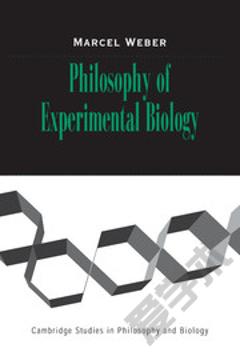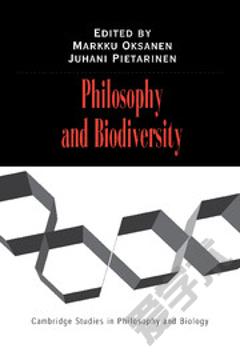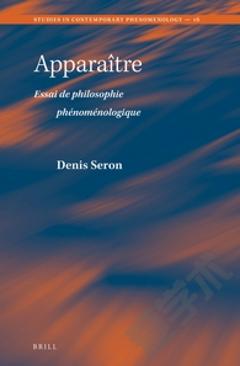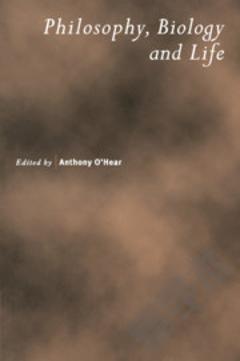Philosophy of Experimental Biology
Philosophy of Experimental Biology explores some central philosophical issues concerning scientific research in experimental biology, including genetics, biochemistry, molecular biology, developmental biology, neurobiology, and microbiology. It seeks to make sense of the explanatory strategies, concepts, ways of reasoning, approaches to discovery and problem solving, tools, models and experimental systems deployed by scientific life science researchers and also integrates developments in historical scholarship, in particular the New Experimentalism. It concludes that historical explanations of scientific change that are based on local laboratory practice need to be supplemented with an account of the epistemic norms and standards that are operative in science. This book should be of interest to philosophers and historians of science as well as to scientists.
{{comment.content}}








 京公网安备 11010802027623号
京公网安备 11010802027623号